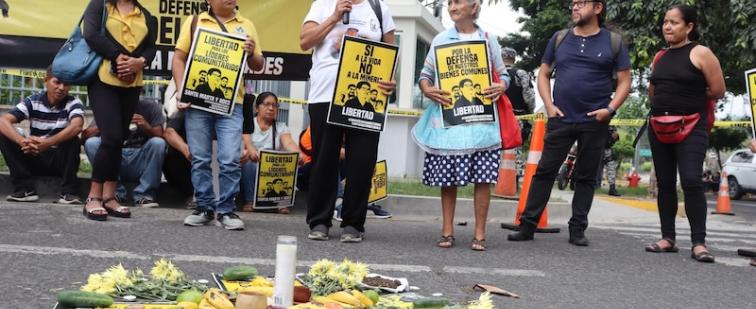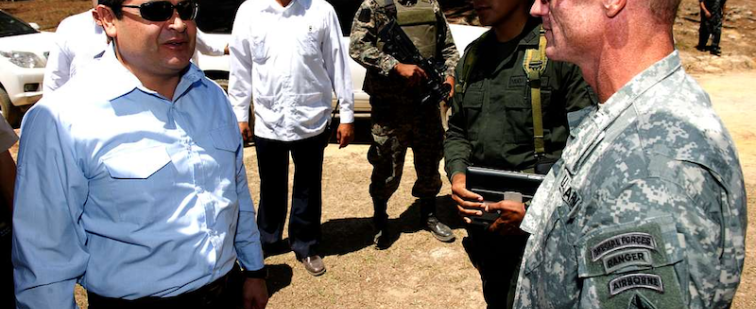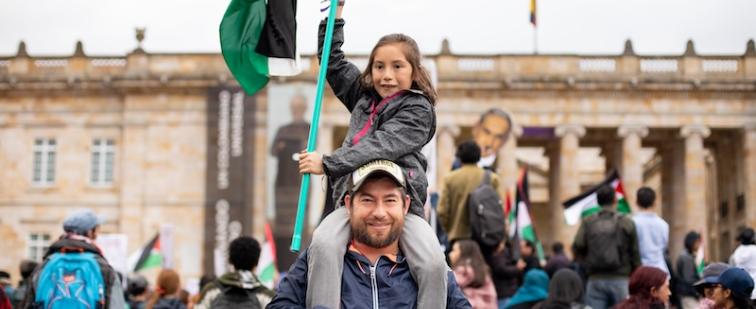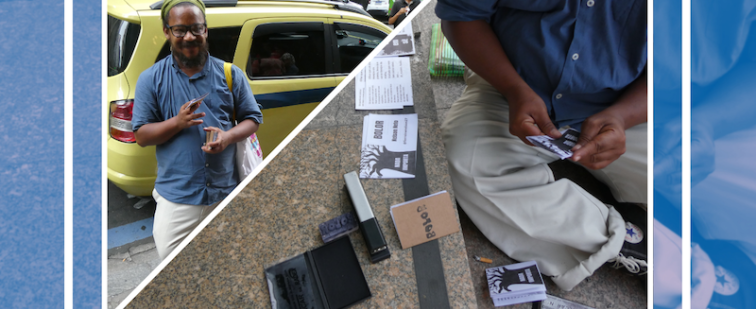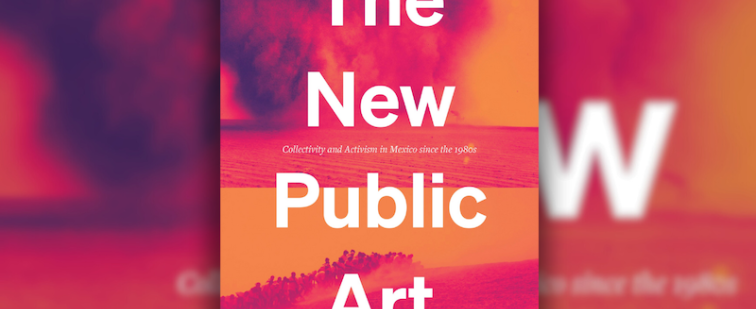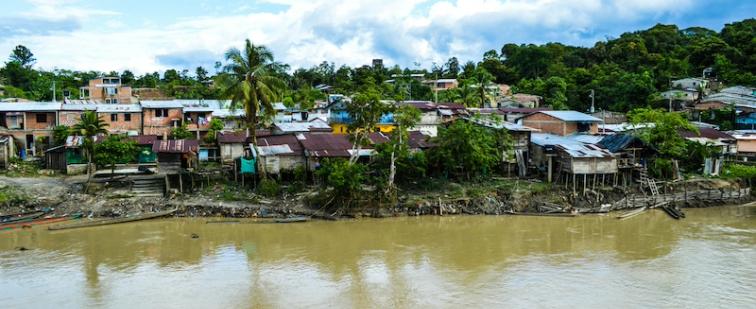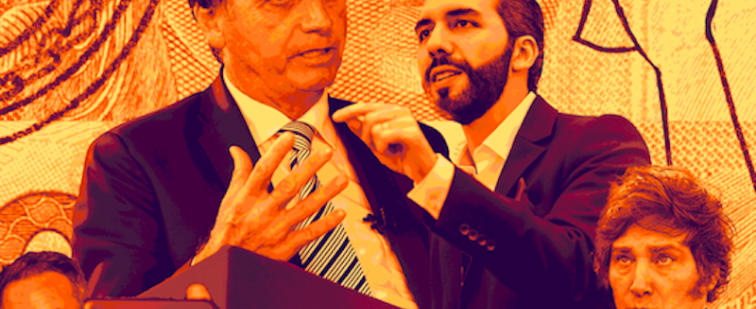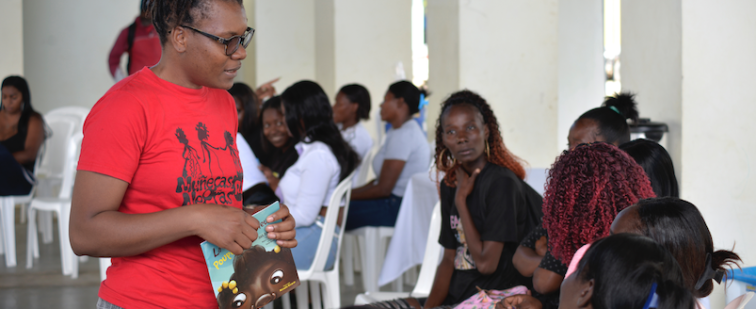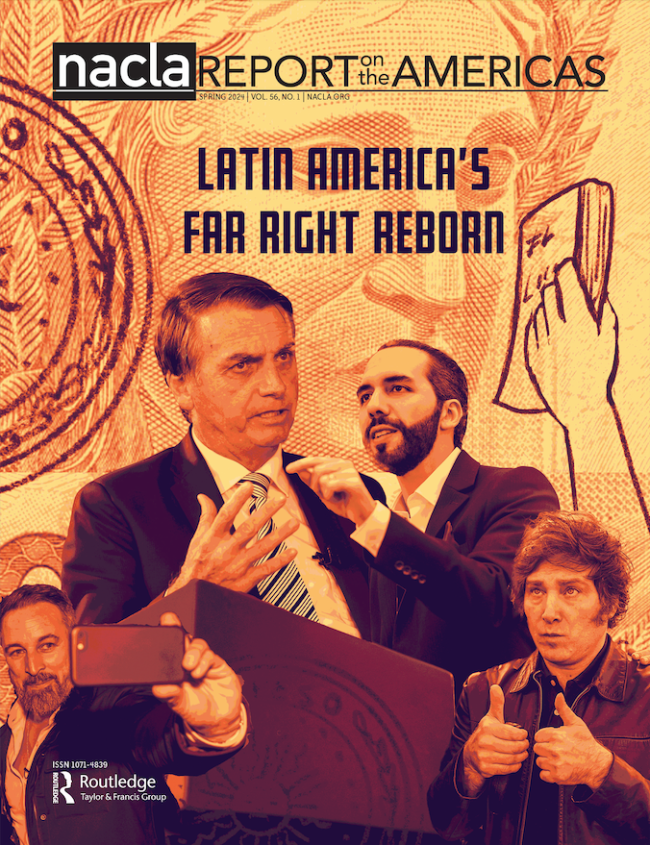Home
On June 22, Jamaican police arrested Christopher “Dudus” Coke in the Tivoli Gardens neighborhood of Kingston and immediately delivered him into U.S. custody. Many Jamaicans are hoping that Coke will now reveal the long history of connections between the country’s political leaders, its business elite, and its gunmen in the street. Such revelations are likely to illuminate past actions of the CIA, which helped create one of Jamaica’s most powerful organized crime organizations, the Shower Posse. These links are ever more important as the United States is poised to invest millions of dollars to make the Caribbean its newest front in the drug war, ostensibly fighting some of the same personalities and groups they themselves helped create.
On July 4, Oaxacans made history: After 80 years of one-party rule, an opposition gubernatorial candidate defeated the Institutional Revolutionary Party (PRI) at the polls. However, Oaxaca's lame duck and divisive governor, Ulises Ruiz Ortiz, will hand over a volatile political climate to the new administration. Oaxaca still lives in the wake of the 2006 social conflict that nearly drove Ruiz Ortiz from office. Now this tension is most prominently symbolized by a low-intensity war that continues in San Juan Copala where on April 27 gunmen ambushed an aid caravan to the town, killing two activists.
Grassroots Haitian movements for social justice have set themselves a formidable task: Not only addressing the ongoing humanitarian crisis, but also challenging the reconstruction effort to include their leadership and avoid reproducing the conditions that helped make the January 12 earthquake so disastrous. As a popular Haitian saying goes, "We are bamboo. We bend, but we don't break." This expression of resolve in the face of adversity is in wide circulation in Haiti these days.
This article originally appeared in the July/August 2010 edition of NACLA Report on the Americas.
When Salvadoran President Mauricio Funes took office in 2009 his administration promised to tackle crime in all its forms through social prevention, law enforcement, rehabilitation, victim support, and institutional and legal reforms. However, after attacks on two buses in San Salvador on June 20, which killed 17 people, the Funes administration resuscitated old and failed iron-fisted policies towards street gangs, who officials say were behind the killings. With a surprising capacity for historical amnesia, the government is now abandoning its previous reservations about gang suppression and argues that the current bloodshed requires radical measures.
On January 12, 2010, for 30 seconds the earth shook and reduced Haiti—a nation already struggling with the historical weight of slavery, underdevelopment, imperialism, and intense internal divisions—to rubble. Haiti dominated the airwaves and cyberspace for weeks, bombarding world citizens with words and images at once contradictory, controversial, consuming, and ultimately confusing: The earthquake seemed to have as many meanings as people with access to a blog. In the newest edition of NACLA Report on the Americas (July/August 2010), we aim to sort out critical perspectives on the disaster. This means not only understanding the tectonic fault lines running beneath Haiti but also the deep economic, political, social, and historical cleavages within and surrounding the country.
Ongoing U.S. efforts to secure Honduras's international recognition depend on a narrative that says that the country has achieved stability and reconciliation since president Porfirio Lobo took office in January. However, Honduras is anything but stable and reconciled, and opposing narratives carry the weight of the bloody evidence accumulated in the months since Lobo's inauguration. These tensions, and Honduras’s deep wound of conflict that persists, show much is at stake on this first anniversary of the military coup that ousted former president Manuel Zelaya on June 28, 2009.
On June 5, 2009 police moved in with lethal force to remove indigenous protesters upset about their lands being opened up to oil and gas drilling. The ensuing violence left 34 people dead and hundreds wounded. Now, a year later, not only hasn't there been a fair and impartial accounting of what led up to this violence in Bagua, but also the conditions and reasons for it remain intact in Peru. Development plans, designed to exploit the country's natural resources, are accelerating in the country. And Peruvian President Alan Garcia might just be undermining the country's new consultation law, meant to make the decision-making process around these development plans more democratic.
The first anniversary of the June 28, 2009 military coup in Honduras might just slide under the international radar, timed as it is right after the Honduran national team kicks off at the World Cup. The Honduran business community could hardly have planned it better themselves. After all, Honduras's most powerful families who make up the local machinery of the neoliberal economic model thought to be at the center of the country's post-coup struggle, are also the ones accused of being the "visible face" behind the ouster of former President José Manuel Zelaya.
NACLA remembers the life of Mexican writer Carlos Monsiváis, who died June 19. This interview with Monsiváis, titled "We Are Living in a Time of Pillage," was originally published in the January/February 2007 issue of NACLA Report on the Americas.
When Cuban singer Silvio Rodríguez played to a sold-out crowd in Carnegie Hall in New York in June, opposing groups of demonstrators faced off outside the auditorium creating a battle of dueling imagery that continued throughout the concert. As on so many other occasions, the cultural world served as proxy for broader political tensions over Cuba. To some extent this should come as no surprise: Cuban writers, artists, and musicians wield a disproportionately powerful role in public discourse, and Cuban musicians tend to make their most controversial statements when they tour abroad.


